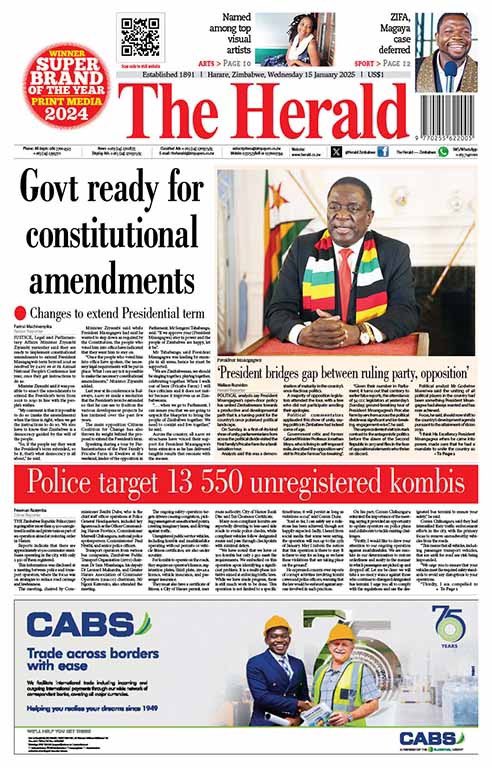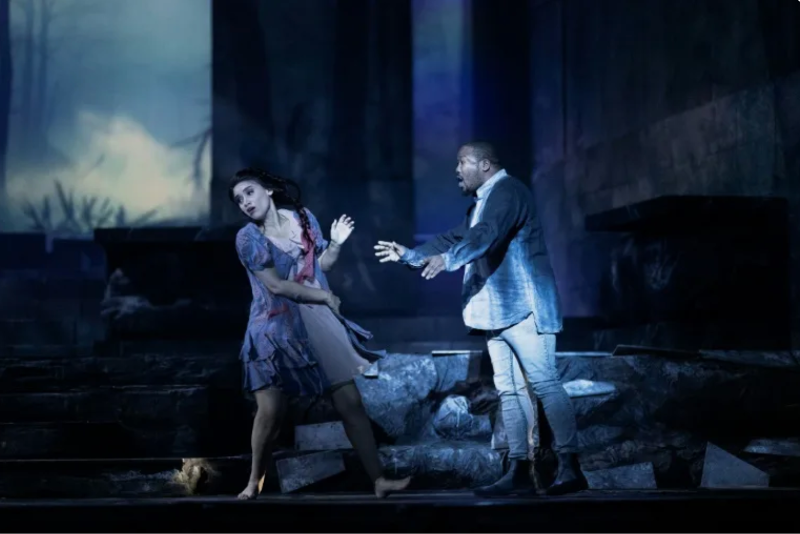By Crime and Courts Reporter – President Emmerson Mnangagwa has retired Police Commissioner-General (CG) Godwin Matanga, and replaced him with Deputy Commissioner-General (DCG) Stephen Mutamba.
In October, Mnangagwa dismissed the head of the Zimbabwe Republic Police’s (ZRP) paramilitary Support Unit, with sources suggesting it was a forced retirement.
Two deputies from the unit were also reassigned to ZRP headquarters in Harare.
Sources told ZimEye that these moves are linked to power struggles within Zanu PF, as police operations may have conflicted with the interests of politicians aligned with Mnangagwa’s faction.
Sources said Matanga, appointed in 2018 after Robert Mugabe’s ouster in the 2017 military intervention, could be reassigned to a diplomatic post.
Matanga took over from Augustine Chihuri, who fled into exile following the 2017 coup.
A senior government official stated, “These changes aim to revitalise law enforcement and align it with Mnangagwa’s anti-corruption agenda.” The official added that Matanga “may not complete his second term,” and hinted at further restructuring within the police force, part of a broader pattern of changes Mnangagwa has made across Zimbabwe’s security apparatus.
Matanga, during the Desiel PaChinhoyi era, was in charge of the Support Unit, known as the “Black Boots,”.
Headquartered at Chikurubi, it operates across multiple districts, including Chikurubi Urban and Rural, Fairbridge (Bulawayo), Buchwa (Zvishavane), and Changadzi.
Its mandate includes crowd control, disaster response, border patrol, and high-profile security details.
Matanga transformed the Support Unit to became increasingly militarised and effectively functioned as a paramilitary arm of Zanu PF, often tasked with suppressing protests and intimidating opposition, especially around election periods.
The “Black Boots” gained infamy for their heavy-handed tactics, regularly deployed against opposition supporters, students, and civil society.
As public dissent grew, especially from the Movement for Democratic Change (MDC), the police became a central instrument in Mugabe’s strategy to retain control.
When Mnangagwa assumed power in the 2017 coup, he initially sidelined the police, whose loyalty had been closely tied to Mugabe.
Following the contested 2018 election, Mnangagwa deployed the military to suppress opposition protests in Harare, leading to the tragic killing of at least six unarmed civilians—a rare and dramatic escalation in civilian repression that echoed the violent Gukurahundi massacres of the 1980s.
This recent reshuffle within the ZRP’s Support Unit could indicate Mnangagwa’s attempt to reestablish police as the primary force for handling civilian protests, possibly learning from the international backlash that followed the military’s 2018 intervention.
Related
#Police #Boss #Town #ZimEye



